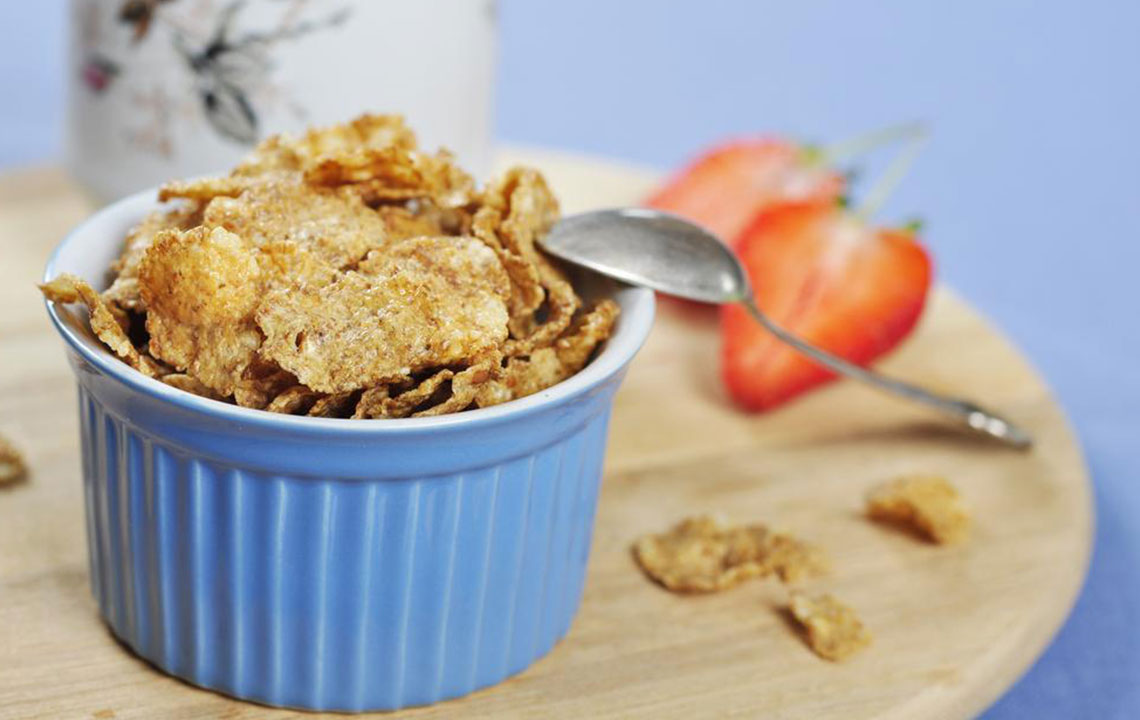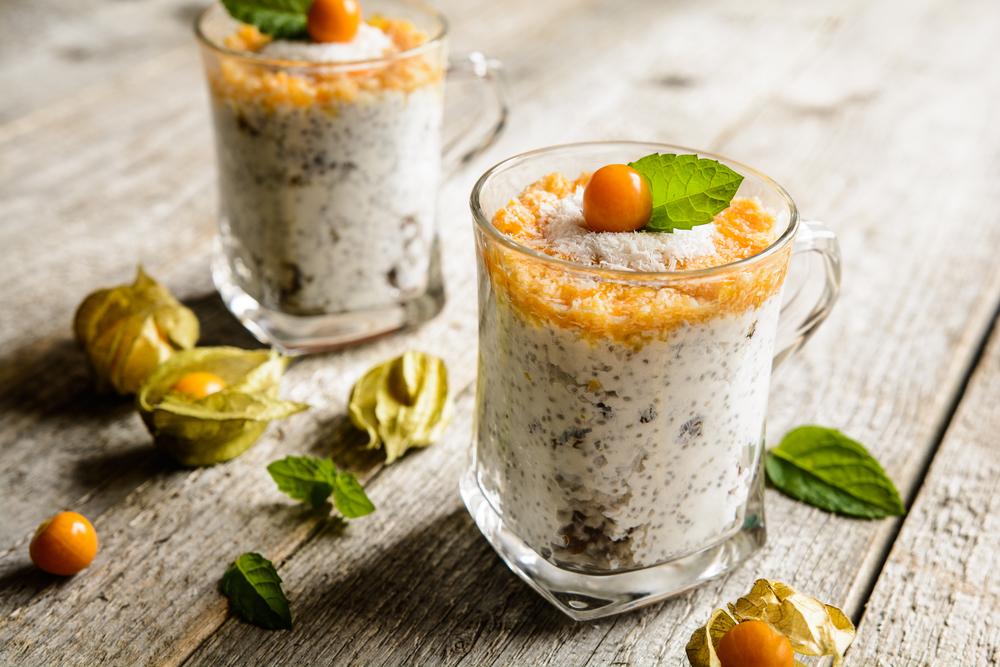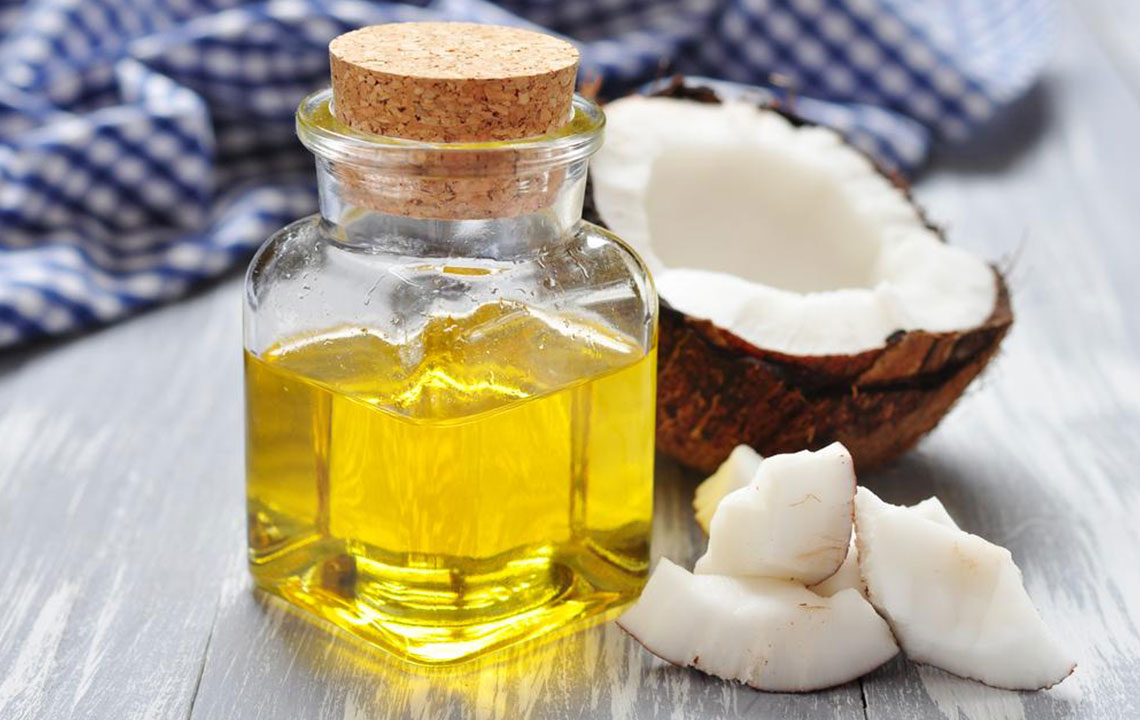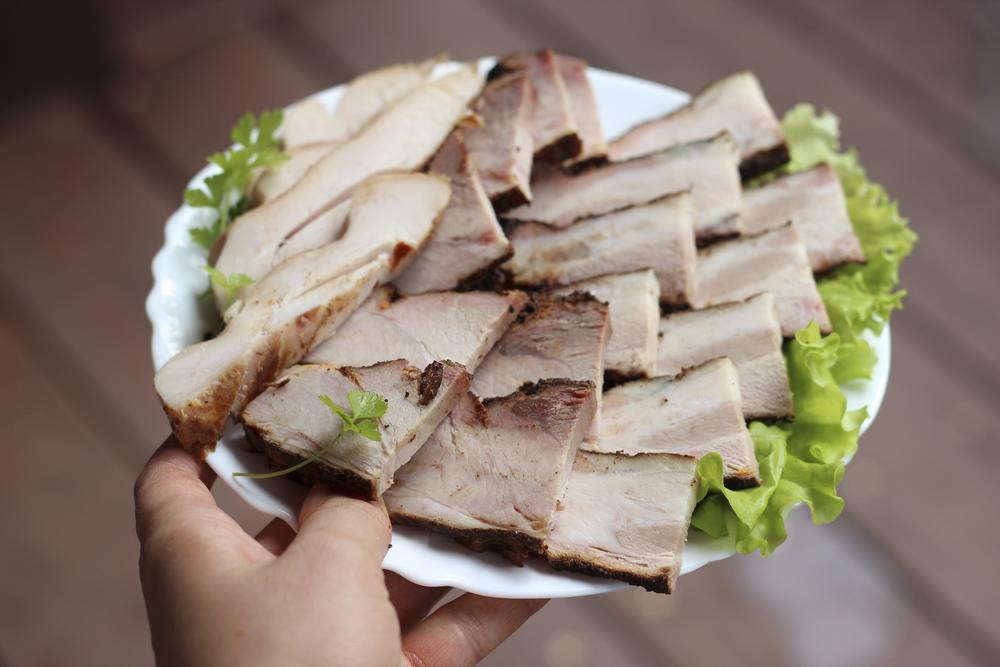The Essential Role of Dietary Fiber in Maintaining Digestive Health
Discover how dietary fiber promotes digestive health by aiding regular bowel movements, preventing constipation, and supporting colon wellness. Proper fiber intake, combined with hydration, can improve gut health and reduce risks like hemorrhoids and colon issues. Learn about soluble and insoluble fiber sources and the importance of balanced consumption for optimal digestive function.
Sponsored

The Importance of Dietary Fiber for a Healthy Digestive System
Is consuming dietary fiber the key to preventing constipation? Does a high-fiber diet truly support digestive well-being, or is it just marketing? Let’s explore how fiber intake influences gut health and addresses common digestive issues.
What exactly is fiber?
Dietary fiber consists of plant-derived compounds that the human digestive system cannot digest. It helps promote regularity by adding bulk and softness to stool.
Soluble fiber dissolves in water and occurs in foods like oats, fruits, and vegetables. Insoluble fiber doesn’t dissolve and is found in wheat bran, nuts, and vegetables like cauliflower and potatoes.
How does fiber benefit gut health?
Incorporating fiber into your diet supports digestive health in numerous ways, especially in alleviating severe constipation.
Fiber increases stool bulk and promotes easier bowel movements. It also retains moisture in stool, aiding smooth passage.
Fermentation of fiber by gut bacteria produces short-chain fatty acids, which are vital for colon health. A healthy colon reduces the risk of conditions like colon cancer, often linked to constipation.
Fiber also contributes to the integrity of the gastrointestinal lining and helps prevent disorders that cause constipation. Moreover, a fiber-rich diet lowers the chances of developing hemorrhoids, which can hinder stool flow and lead to constipation.
Is overconsumption of fiber harmful?
Yes, consuming too much fiber can cause bloating, cramps, and gas. It’s essential to stay well-hydrated, as water helps fiber perform its functions effectively, promoting regular bowel movements.
Bottom Line
While fiber isn’t a miracle cure, it’s a crucial element for maintaining colon health and preventing causes of constipation. A balanced intake, combined with adequate hydration, supports optimal digestive function.






